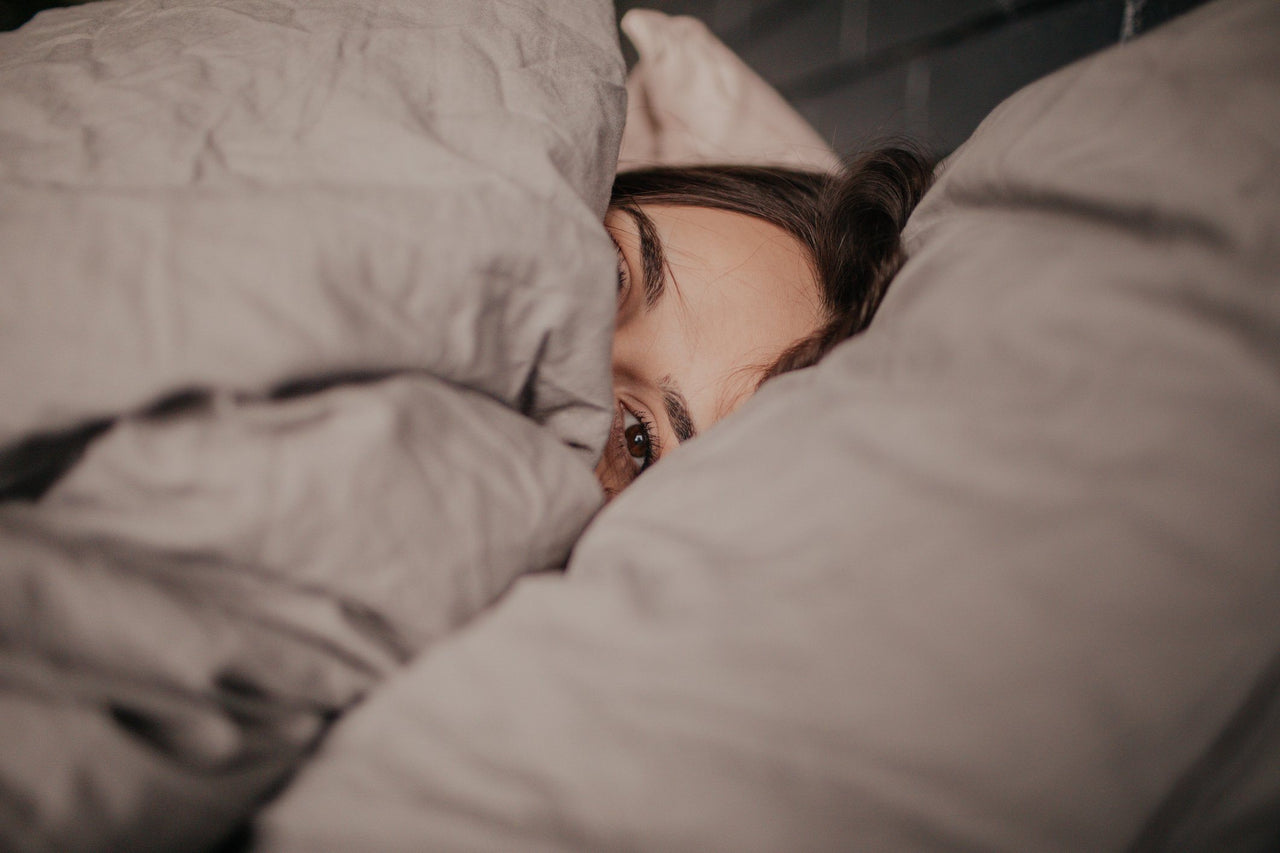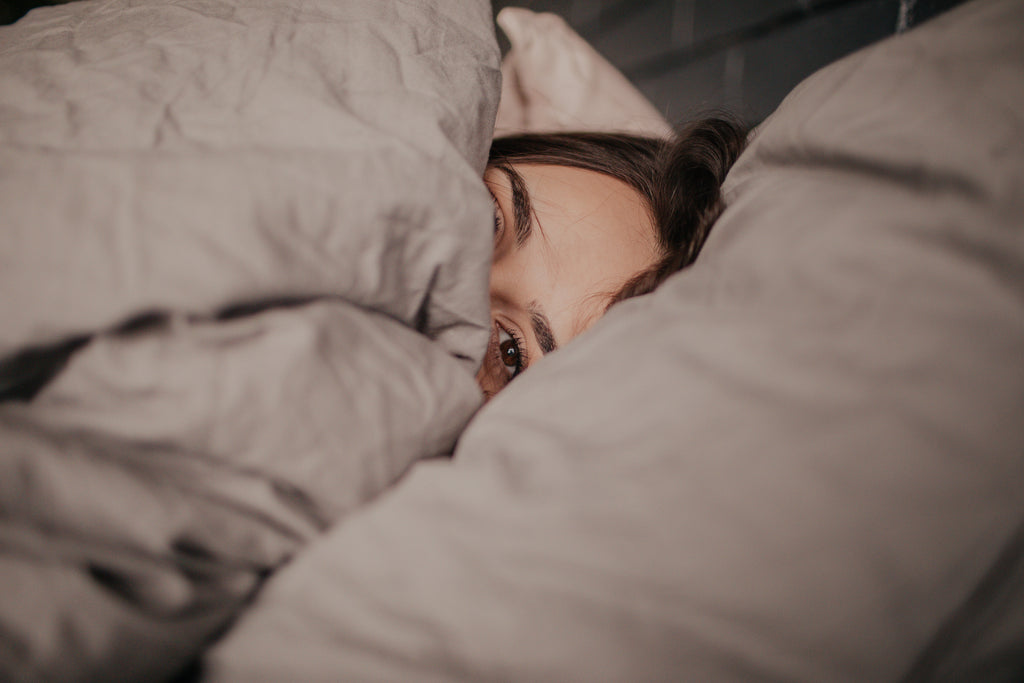Shift Work Sleep Disorder: When It's Too Light Outside to Sleep


While some people love working the night shift, others hate it, primarily when it affects their sleep cycle. If you work the night shift and you have trouble falling asleep or staying asleep, you're not alone. An estimated 20 percent of the full-time workforce in the United States work shift work and up to 40 percent of shift workers suffer from Shift Work Sleep Disorder (SWSD)
What is Shift Work Sleep Disorder?
The human body's natural sleep cycle includes sleeping at night and staying awake during the day. Unfortunately, some people, such as police officers, medical professionals, night security guards, and airplane crews, have to work at night, which then disrupts the person's circadian rhythms or internal body clock. Shift Work Sleep Disorder may affect those who work the early-morning shift, the late-evening shift, the overnight shift, and those who work rotating shifts.
Some of the symptoms of SWSD include:
- Not getting enough sleep. While the recommended amount of sleep for adults is seven to nine hours, someone with Shift Work Sleep Disorder might wake-up after only four to six hours of sleep.
- Difficulty falling asleep or staying asleep.
- Excessive tiredness or feeling like you can never get enough sleep.
- Episodes of microsleep while you should be awake. Microsleep is falling asleep for just a few seconds at a time.
- Mood changes, including depression, anxiety, or increased irritability.
- Lack of energy. You may feel both physically and mentally drained.
- Difficulty concentrating.
- Other physical symptoms, such as headaches, stomach aches, and nausea.
Why Is Shift Work Sleep Disorder Dangerous?
Of course, there are physical dangers to consider. Those dangers may include decreased immunity, which may lead to a higher risk of sicknesses, including the flu or colds.
The lack of quality sleep may also increase your risk of several cancers, including breast or prostate cancer. Your irregular sleep cycle may also lead to an increased risk of other health disorders, such as heart disease, high cholesterol, obesity, diabetes, and fertility issues.
Plus, those who suffer from Shift Work Sleep Disorder may try to treat their symptoms with medication, leading to an increased risk of drug dependency. Along with that, your increased irritability combined with lack of energy and other symptoms may harm your social relationships.
Some people may assume that their SWSD is only harming themselves, and as long as they are only hurting themselves, they don't see a reason to do anything about their disorder.
Unfortunately, if you have Shift Work Sleep Disorder, it affects more than just you. People who suffer from SWSD are at increased risk of work-related accidents. Work-related accidents can be particularly dangerous for those whose job involves life or death situations, including medical professionals or police officers, whose lack of concentration may lead to severe injury or death for someone else.
Those who suffer from Shift Work Sleep Disorder are also at increased risk of causing a vehicle accident, whether because the person falls asleep at the wheel or because the person's reflexes or judgment are not quite up to par. While this can be dangerous for anyone driving who has SWSD, it is particularly hazardous for those whose job involves transporting people, including airline pilots, limo drivers, or bus drivers.
No matter your job, it is important to realize that as long as you have Shift Work Sleep Disorder, you are not going to be able to function at your best level.
What Can I Do?
When possible, if you are suffering from Shift Work Sleep Disorder, you may want to switch to a shift that allows you to get adequate sleep and that will enable your circadian rhythm to function on its natural cycle. If that is not possible or while you are waiting to switch to a better schedule, there are several things that you can do to help yourself get enough sleep and therefore reduce the symptoms of SWSD.
Focus on Your Health
When doing shift work, it can be hard to focus on your health, but it is essential to maintain a healthy lifestyle. That includes getting regular exercise. Even just stretching or doing a little yoga may help you to sleep better.
Because obesity is a concern for those suffering from Shift Work Sleep Disorder, eating healthy is essential. Instead of heading to a local fast food restaurant during your break, bring a healthy meal or snack from home. It is also important to eat healthy while you are at home.
You should also limit your caffeine and alcohol consumption. Both can stay in your system for several hours after drinking, making it difficult to fall asleep.
Establish a Sleep Schedule
While it might be tempting to hang out with friends or family on your day off, establishing a regular sleep schedule is essential. That means going to bed and getting up at roughly the same time every day. Yes, that includes on your days off. It will help your body adjust to your workday sleep schedule more efficiently.
If you're jumping from sleeping during the day one day and during the night the next day, you are going to throw your body's sleep cycle off even worse, making it even harder to get adequate sleep.
Create the Right Sleep Environment
When you are sleeping during the day rather than at night, noise and lighting may be an issue.
To deal with noise, you may want to turn off your phone while you are sleeping. You may also need to remind family members to stay quiet while you are asleep. Earplugs can also help with noise issues.
Blackout drapes combined with a sleep mask may help to limit your light exposure while you are trying to sleep.
Other Tips
There are several other things you can do to help yourself sleep better potentially. If you are driving home just as it's getting light or you are otherwise exposed to sunlight, wear sunglasses, especially if you plan to head to bed soon. Sunlight suppresses the production of melatonin, which is the hormone which helps you fall asleep. You may also want to take melatonin supplements to help you fall asleep better.
When possible, it is also a good idea to take a nap just before heading to work. If your job allows, take one during a break. Even a short nap can make you more alert during your shift.
At Nest Bedding, we understand how important it is to get enough sleep, no matter your sleep schedule. Contact us if you are looking for just the right mattress or other bedding to fit your sleep needs.



